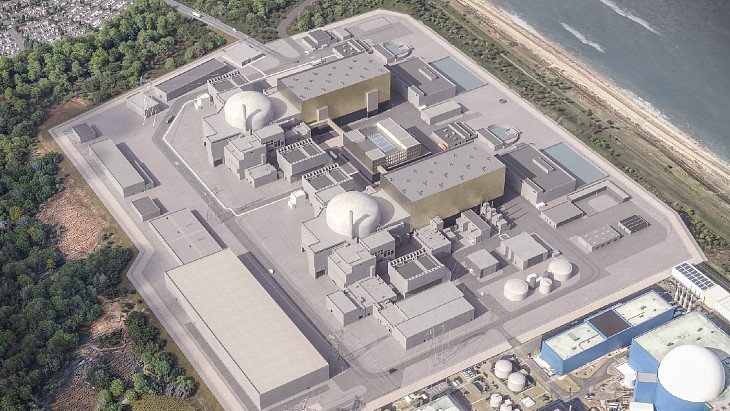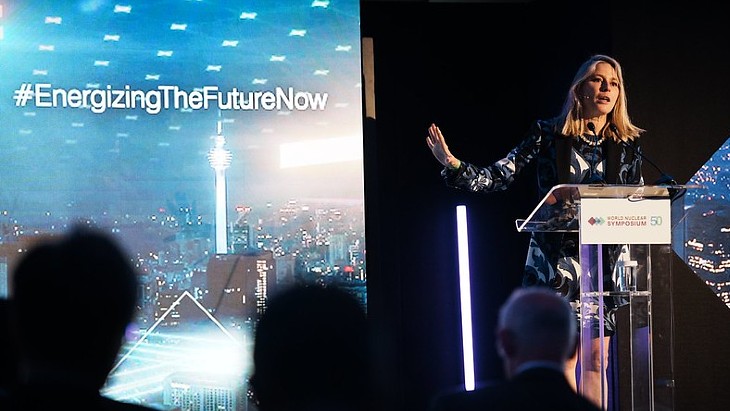"In 2018 global nuclear generation increased for the sixth successive year, more new build capacity started generating than in the last 25 years. These records will be broken again in 2019. But countries like Brazil need to do more to develop nuclear generation if we are going to succeed in developing a global low-carbon generation mix," Rising said.
Two nuclear power plants - Angra 1 and 2 - supply about 3% of Brazil's electricity. Work began on a project to build a third unit - Angra 3 - in 1984 but it was suspended in 1986 before full construction began. A return to construction in 2010 saw first concrete poured, but the project was again suspended in mid-2015.
According to Petronicias, Albuquerque said the Brazilian government is "very committed" to resuming Angra 3. "This week a market consultation started to define an attractive business model for a partnership of international nuclear companies," he said, adding that the goal is for Angra 3 to start commercial operation in 2026.
Countries with a long history of expertise in nuclear energy, such as Brazil, are needed to lead the way in expanding nuclear capacity to help contribute to a sustainable energy future, World Nuclear Association Chairman Kirill Komarov said.
Reive Barros dos Santos, secretary of planning and energy development at Brazil's Mines and Energy Ministry, described nuclear as a "strategic energy source" and told delegates the ministry would coordinate policies to attract long-term investment, give equal opportunities and reduce taxes.
Celso Cunha, president of the Brazilian Association for the Development of Nuclear Activities (ABDAN), stressed the need for changes to Brazilian governmental planning horizons to enable nuclear power plants to be considered in plans for the shorter term, since they are currently included only in policies with a horizon beyond the national 10-year energy plans .
"The 50-year plan is important, but it is not the hallmark of investment decision makers. The companies that are here today [in Spotlight] can corroborate this," said Cunha . The ABDAN president also said small modular reactors could help to meet Brazil's energy needs. Such technology could now be solving problems such as those faced by the Brazilian state of Roraima. "We're getting to the point where the small reactor is here to stay. If we had discussed this a long time ago, this technology could be solving the problem of Roraima," he said. Brazil's northernmost state is not connected to the national electricity grid and is reliant on imports of electricity from Venezuela, which has been failing to fulfil its contract to supply electricity to the state, according to the BBC.
Excellence in performance
Rising noted that India's Tarapur unit 1 has just passed the milestone of 50 years of supplying electricity.
Tarapur 1's achievement demonstrates the potential for the world's existing nuclear reactors to continue to deliver clean, low-carbon generation," she said. "This ongoing excellent performance, in combination with a substantial new-build programme, can help nuclear energy reach its Harmony target of supplying 25% of the world's electricity by 2050."
Four other reactors are due to reach the same milestone this year. India's Tarapur 2, Beznau 1 in Switzerland and Ginna and Nine Mile Point 1 in the USA are all due to pass 50 years since their first grid connection.
Nuclear plants worldwide have also seen substantial improvements in their annual performance, with capacity factors showing significant advances over the last five decades, World Nuclear Association said.

.jpg)



_55530.jpg)
_42372.jpg)
_37521_70699.jpg)

_76087_55556.jpg)




